|
Being hated is not the goal in any relationship, and it can cut especially deep when the child you have loved and supported for years screams these words at you. Try these three approaches the next time your child shouts these words at you from across the room. Regulate Remember that feelings are catching. It is completely understandable that you are having a huge emotional reaction to hearing these words from your child. It will also only escalate the situation if you react from that emotional state. Make a rule of taking five minutes when you hear that phrase if possible to return to calm. Understand A child’s ability to feel and express emotions is the most developed part of their brain. That’s why they will often resort to exaggerated language in a highly emotional state. Try to approach this phrase with curiosity asking what is my child trying to communicate with those words? What big emotion motivates those big words. You will almost certainly determine that the emotion is not hatred but something closer to frustration, fear, or anger. Problem solve Once you and your child are both calm, validate their emotions by verbally describing what might be happening. ‘You said you hated me when I told you no more screens for today, I wonder if you are feeling a bit bored, and maybe even lonely?’ Again, a child’s strongest part of their brain is the region that produces emotions so sometimes they need an adult to model the rationale path out of a meltdown. A sinking feeling. Another phone call from your 11 year daughter’s vice principal. Your loving, funny, and creative child has been accused of messaging a friend a heap of unkind names. She has been identified as a bully. Bully is a word heavy with meaning. It will be helpful to approach the situation with a curious mind, focus on what is in your control, and seek support from others. Behaviour as an iceberg Bullying is a description of aggressive behaviour. Like any human behaviour it can be helpful to approach it with curiosity. Some people find it helpful to visualise an iceberg, with the aggressive behaviour being the tip, or what can be experienced, while your daughter’s motivations lie hidden under the surface. To approach with curiosity try:
Circles of control After receiving a phone call about your child’s undesired behaviour, you may have the instinct to activate panic mode. You might ask yourself a hundred unanswerable questions. “Is my child bad?” “What does this mean for her future?” “What are the other parents thinking about my family?” Instead sort the specific factors of the situation into what you can and cannot control. You can do this by drawing two circles on a sheet of paper and listing all influencing factors in a column. Factors can be as vague as “who attends your daughter’s school” to the specific, “what was the last thing I said to my child when I dropped her off at school”. The circles of control activity encourages taking responsibility for what you can control, while letting go of uncontrollable factors. It encourages accountability without martyrdom. Ask for help Finding out your sweet child has been acting aggressively can trigger feelings of shame and confusion. These uncomfortable feelings might encourage you to stay quiet, and to hide the problem from those who love and support you. Try to approach the situation by thinking of a forest ecosystem. Your daughter, you, other kids at her school, school staff, and other supportive people are all in this together. You will all thrive and feel better when there is resolution, just like the plants and animals thrive together in a peaceful forest. You may be surprised who else has experienced a similar situation when you make yourself open to receiving support. Abby Elder. Provisional Psychologist Picture this...
An eruption of screaming and fighting pierces your ears. Again. Your eight year old son rushes into the lounge room sobbing and throws himself on the couch next to you. Another fight with his older sister over who gets to choose what game to play together. ‘You are supposed to be having fun and building lifelong memories to be treasured forever!’ You think to yourself. When did having fun become so hard? If your child sometimes appears to be made of glass, try these 9 ways to build resilience, or the ability to recover from the inevitable disappointments and challenges of life. 1.Growth mindset Encourage a practice of gratitude and excitement by asking your child to identify one thing they are looking forward to the next day. 2. Define resilience in age appropriate ways Look for examples in nature like a tree that has continued to grow despite a concrete barrier. Or name some models of a can do attitude in literature or film. 3. Practise the calm How do you feel when you are told to just calm down? Most adults know the bubbling rage that this phrase can instill yet we continue to use this command when a child is overwhelmed. Instead try practicing the calm with your child every day, like taking a vitamin supplement. This can be a three minute body scan that encourages your child to be more aware of body sensations that are signals they need help. Or try green grounding, which encourages a short connection to nature. Think setting a five minute timer on your phone and going cloud gazing. The key to practicing the calm is scheduling it every day at a time when it is achievable. 4. Check your own reactions and expectations Emotions are catching. Children can perceive when we have unrealistic expectations that we are placing on them. Such as, my child should be invited to every birthday party thrown by every classmate. Or, I am a terrible parent because my child is struggling to comprehend long division. Try practising some short, self compassion meditations that will build your own resilience. 5. Encourage problem solving, don’t solve the problem Resiliency is not a force field that repels life’s problems. It’s the confidence that no matter what problem we are faced with there are solutions. Problem solving just like any skill needs to be learned. Parents often want to swoop in and solve their child’s problems, however this is taking away the opportunity from your child to learn how to solve their own problems. 6. Skill building missions Plan for ways your child can prove to herself she is a problem solver. Let her pay for the produce next time you duck into the shops. Bite your tongue when your five year old picks an outfit that slightly clashes, at least they are dressed! Encourage your 11 year old to create a menu of family dinners. 7. Call out your own fragile behaviour, but don’t shame it Name when you are feeling a bit fragile, and role model problem solving through the uncomfortable feelings to your child. 8. Acknowledge the good when it happens We are good at identifying the tough times but we often do not pause and say how great things are going. By acknowledging the good we remind our children that nothing is permanent, the bad times come, and then so do the good times. 9. Encourage accountability Resiliency is about doing what we can with what we have. Encourage your child to name what is in their control the next time they are having a tough time. This will make the path to solutions more clear. For support for you or your child/ren, learn more about our online parenting program Abby Elder. Provisional Psychologist “It can’t be that bad!” My doctor exclaimed while studying my face with a look of pity. I had entered his consulting room in a hobbled posture trying to describe my situation in a wobbly voice. For the last week the pelvic pain I had become accustomed to feeling since I was thirteen years old had become extreme, leaving me bedridden for four days. I did not know it but I was experiencing a flare up of pain symptoms related to endometriosis. I am now struck that I cannot recall the exact sensation of physical feeling of pain or its severity. What I can remember is the emotional impact of the symptoms of chronic pain. You might be reading this because your child has been diagnosed with endometriosis. Or perhaps a young person you know is experiencing chronic pain but not yet diagnosed with a disorder. Either way the impacts of chronic pain, especially pain related to endometriosis, can have significant negative impacts on a young person’s mental health, as well as members of their family. This blog post cannot provide medical advice, but will provide strategies to support a young person who is experiencing chronic pain to get the help they need. Keep reading for strategies to better understand pain, communicate with family members about chronic pain, and why it is important for your child to be their own pain spokesperson. Endometriosis - a chronic pain disorder Endometriosis is a medical condition that affects roughly 1 in 9 Australian females. It is considered chronic because there is no cure and those diagnosed with endometriosis can experience symptoms their entire lives. Medical research is still defining endometriosis, from its cause, effective diagnosis, and the incredible range of symptoms and severity, as well as how to best treat those symptoms. This uncertainty can leave young people and their families grasping for solutions, like they are trying to solve a complex puzzle with no guiding picture. Endometriosis tip sheet written by Endometriosis Australia Chronic pain and youth mental health Chronic pain can impact all people at any age. Pain Australia estimates that one in four young Australians experience a form of chronic pain. Children and adolescents can be experienced through endometriosis as well as migraines, sports injuries and symptoms of chronic diseases such as juvenile arthritis. An important difference about chronic pain is that it is a lifelong condition that ebbs and flows. This is different from acute pain such as breaking an arm. While an acute pain is distressing, it will usually come with an expiration date of disruption to one’s life. Because chronic pain can be expected to be felt in some way across a person’s life, an individual can develop feelings of hopelessness and helplessness related to their pain. Disruptions in a young person’s life can mean missing large amounts of school, difficulty socializing with friends, and loss of enjoyment during activities and events. Pain Australia estimates young people experience disruptions in their physical activity at a higher rate than adults. Young people are still defining their identities, what they are good at and what they want to pursue with passion. The emergence of chronic pain can impact this development. Parents and caregivers who are supporting young people living with chronic pain must consider not just the physical sensations, but the emotional toll of isolation and disappointment. You can help a young person who is experiencing chronic pain by defining pain. Pain is a common reality in our society but the reasons a person feels pain are not well understood. By helping young people to understand the biological and psychological components of pain you can empower them to seek the support they need to better enjoy their lives.
Supporting the family unit For families supporting a young person experiencing chronic pain, the start of symptoms can be a time of disruption. A previously active child might suddenly be limited in their capacity to complete previously enjoyable activities. Other members of the family might be affected, with parents and caregivers needing to miss work, and siblings missing out on fun activities. An acknowledgement that everyone is impacted can be a start for families to find a new way to support each other. You might consider making a specific time to come together as a family and put the disruptions into words. It might be helpful to also focus on what each family member needs to feel supported to brainstorm actions to take. After this initial family discussion consider asking your child who is experiencing chronic pain what level of information they would like to share ongoing with siblings and others. There are times when chronic pain can affect most parts of a young person’s life. If family members are not kept informed in an appropriate way, they might feel excluded and miss out on ways they can support their loved one. Share this tip sheet for siblings of children with chronic pain here developed by The Pain Management Network Are you faking all this? People who live with chronic pain become skilled at masking and getting on with it. This should be worthy of praise, but can also invite criticism from well meaning (or maybe not!) friends, family, and medical professionals. Especially when a person finds themselves unable to hide the pain symptoms. “It can’t be that bad,” My doctor had said in frowning exasperation. I did not have the communication skills at that time to challenge my doctor, or to explain my needs. Instead I turned inward to try to solve my complex pain puzzle. I remember thinking, “Maybe it isn’t that bad?” The Pain Management Network encourages parents to make children the spokesperson of their pain when possible. Maybe a young person verbally describes their symptoms at medical appointments, or parents and children brainstorm which pain management strategies work best for the child.
Making the young person their own pain spokesperson will help them develop assertive communication skills for describing their pain with the knowledge their parents can back them up when needed. This may increase a child’s sense of autonomy, and decrease feelings of helplessness associated with chronic pain. It can also stop those nagging feelings they might have when a medical professional might appear dismissive. A firm reminder to themselves that they are not making it up, that their physical needs are worthy of being communicated. If you are after support for managing Endometriosis or chronic pain, please contact the clinic.
|
Categories
All
|
Hopscotch & HarmonyAt Hopscotch & Harmony Psychology, you can expect compassionate care and evidence-based guidance on your journey to wellness.
With clinics in Werribee and Belmont, as well as providing online counselling to clients who live throughout Australia, our dedicated team of psychologists and dietitians are committed to providing support to children, teenagers and adults. With a focus on understanding your unique needs, we offer tailored solutions to foster growth and resilience. Trust in our experience and dedication as we work together towards your well-being. Welcome to a place where healing begins and possibilities abound. |
Our services |
Contact usHopscotch & Harmony
Child, Teen and Adult Psychology Our Locations:
WERRIBEE: 1/167-179 Shaws Rd
BELMONT: 92 Roslyn Rd AUSTRALIA-WIDE: Online counselling |
Hopscotch and Harmony respectfully recognise the Aboriginal and Torres Strait Islander people as the first Peoples of the continent now called Australia.
We acknowledge the Bunurong and Wadawurrung people of the Kulin Nation, the traditional owners of the land on which we work, and pay our respects to their Elders, past, present and emerging.
© 2024 Hopscotch and Harmony Pty Ltd

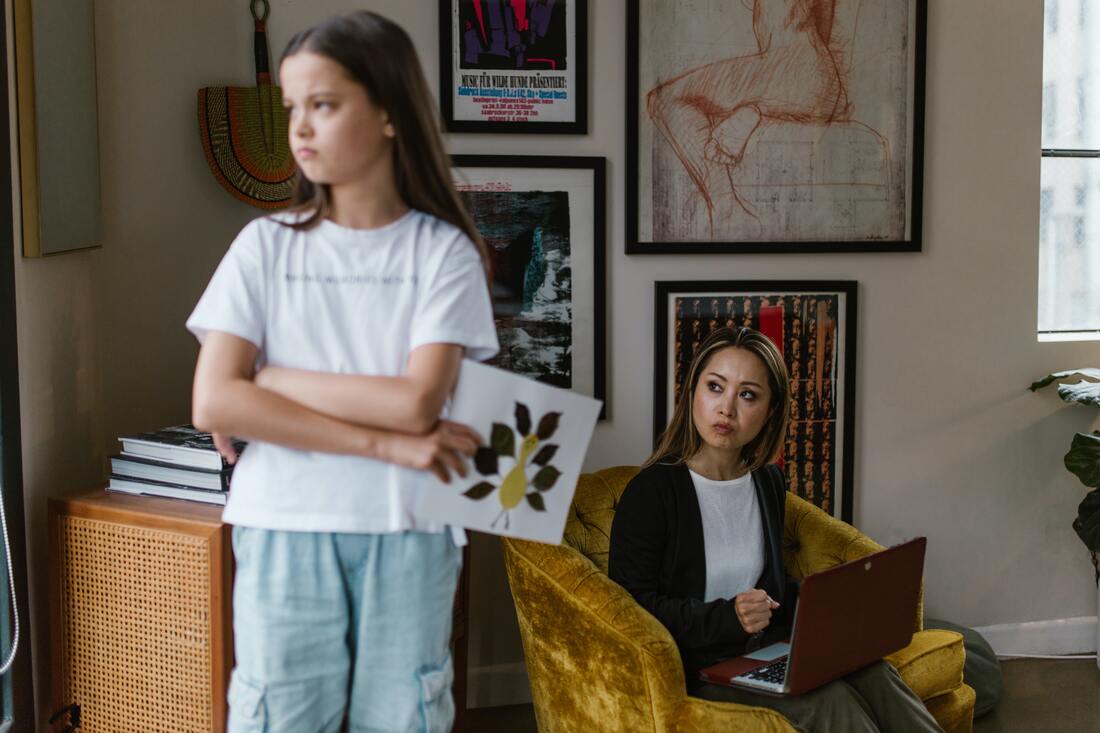

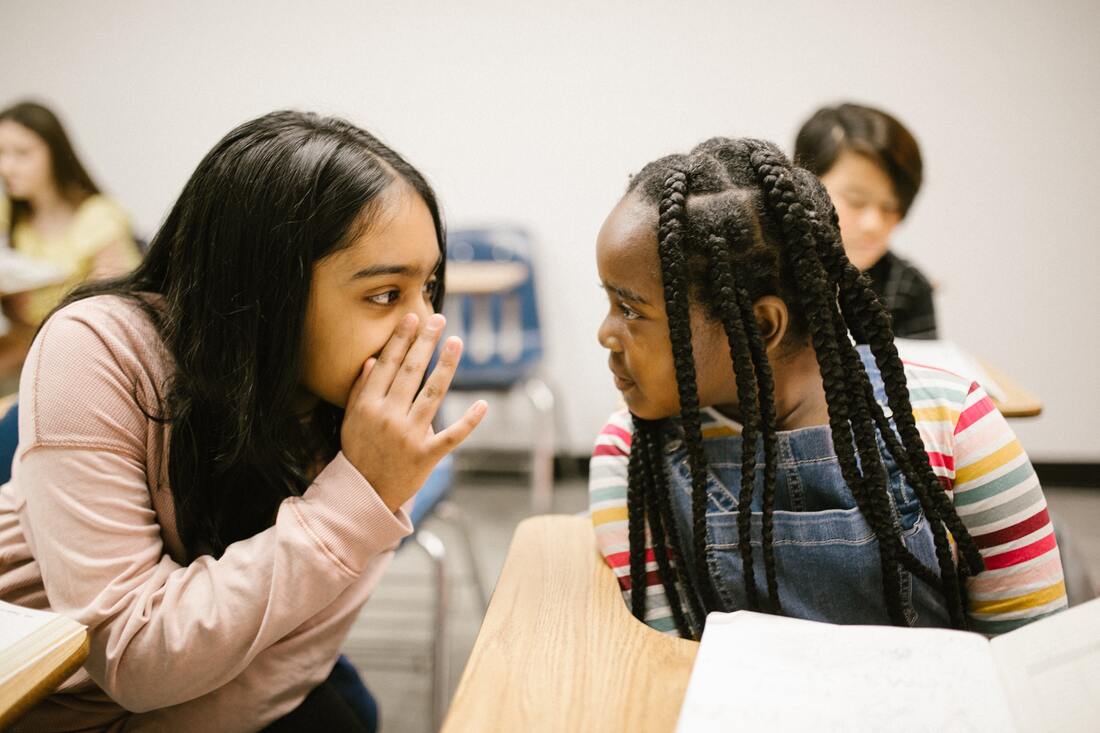
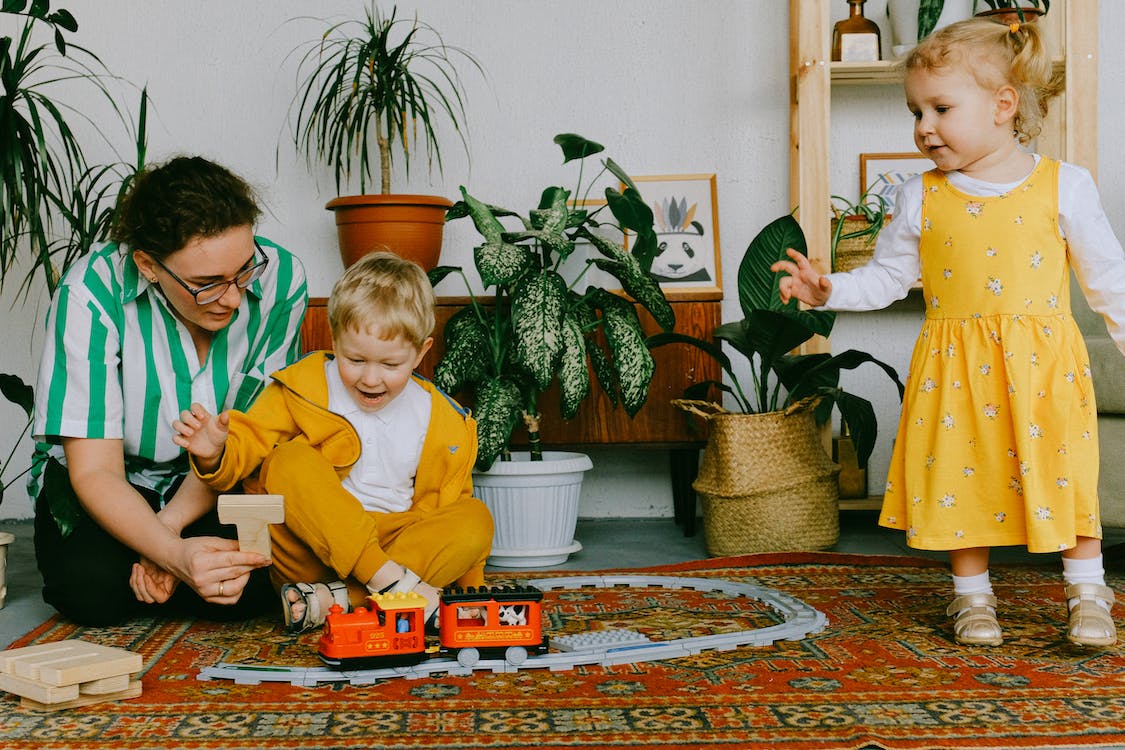
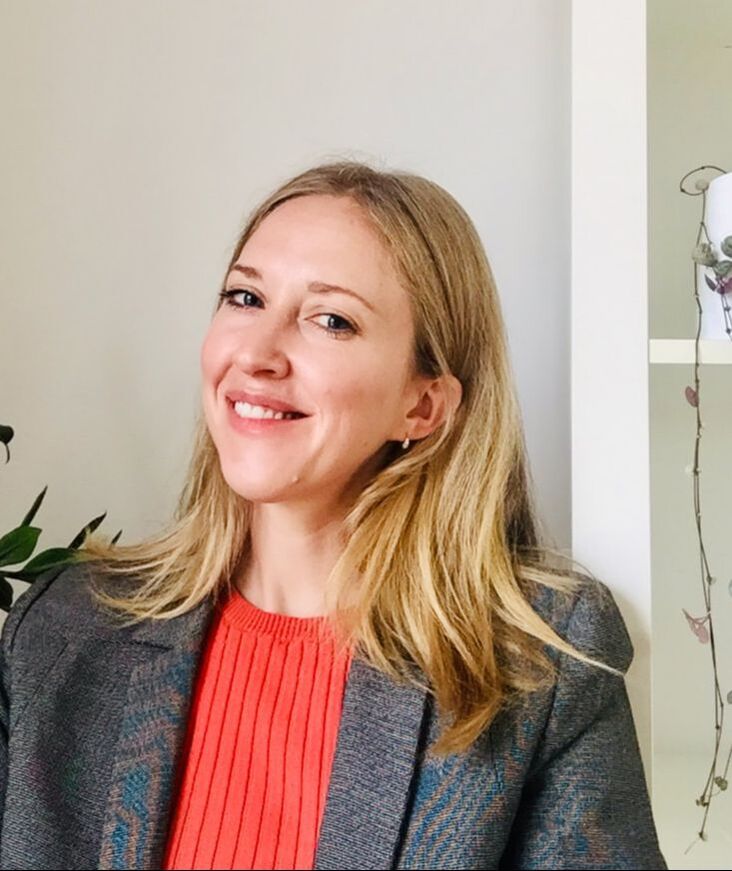

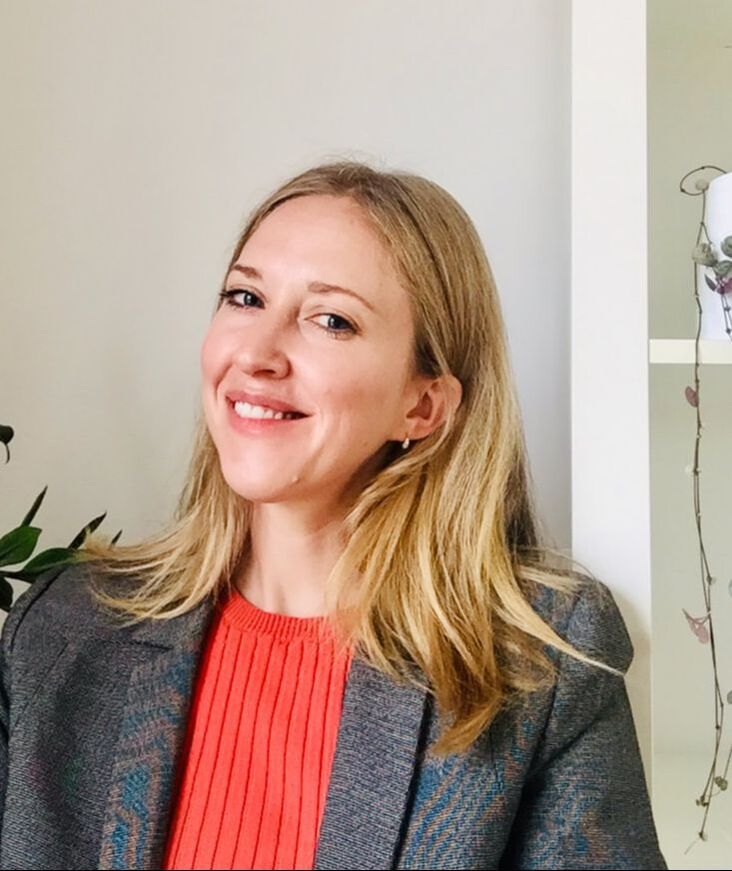
 RSS Feed
RSS Feed
